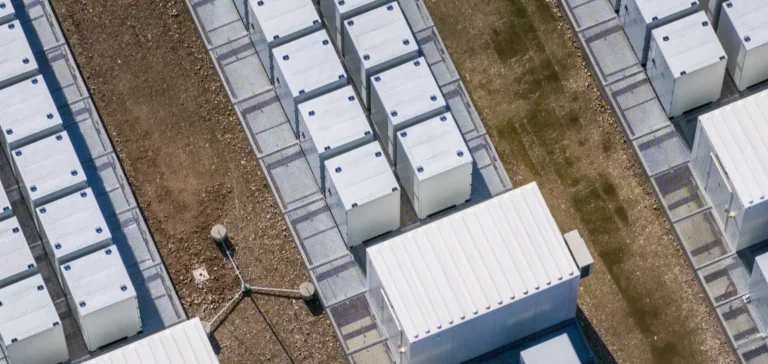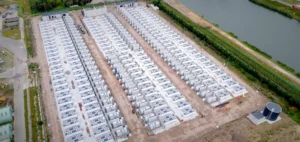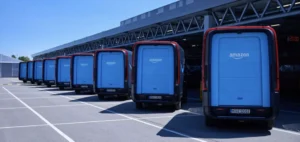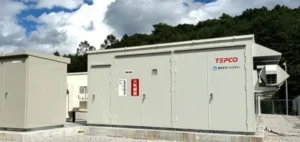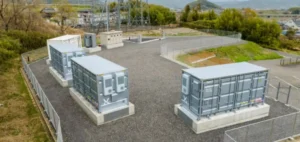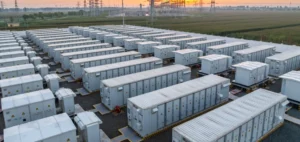PowerField has reached a new strategic milestone in the automation of its energy assets. Since early 2025, the company has been officially certified as a Balancing Service Provider (BSP) by TenneT, the transmission system operator responsible for electricity transport in the Netherlands and large parts of Germany. This certification allows PowerField to fully participate in the Frequency Containment Reserve (FCR) mechanism, designed to maintain grid frequency stability around 50 Hz.
Through an internally developed automated control system, PowerField’s Battery Energy Storage Systems (BESS) now respond within a second to frequency deviations. The systems either absorb surplus electricity or inject energy into the grid. This rapid-response capability is integrated into a platform combining solar production, storage, and market operations.
A proprietary algorithm to automate FCR bidding
The entire FCR bidding process is now fully automated at PowerField. In collaboration with FlexPower, an intelligent algorithm was developed to analyse daily market conditions, assess available capacity, define relevant bid prices, and submit offers independently. This approach eliminates manual intervention and improves responsiveness to market signals.
The company has successfully completed its first automated bids, making FCR a fully embedded component of its daily operations. This automation represents a key step in the continuous valorisation of solar power while supporting grid stability.
A pilot project combining solar and large-scale storage
In 2024, PowerField commissioned a 52 MWh battery storage facility located next to its solar park in Wanneperveen. This site is the largest in the Netherlands where solar generation and energy storage are fully integrated. The objective is to manage energy flows in real time based on grid demand, optimising the use of photovoltaic energy.
Coordinated management of these infrastructures through a single platform enables PowerField to fine-tune its output. This configuration enhances not only the profitability of its assets but also their contribution to grid balancing.
A scalable approach based on integrated technology
The solution, developed jointly with FlexPower, is designed to be easily replicated across other sites. It combines generation, storage, and trading within a centralised digital platform. This structure aims to maximise PowerField’s operational flexibility while meeting TenneT’s technical standards for frequency regulation services.
With this development, PowerField positions itself as a player capable of merging market automation with physical asset control in a context of growing electrification and pressure on grid flexibility.


